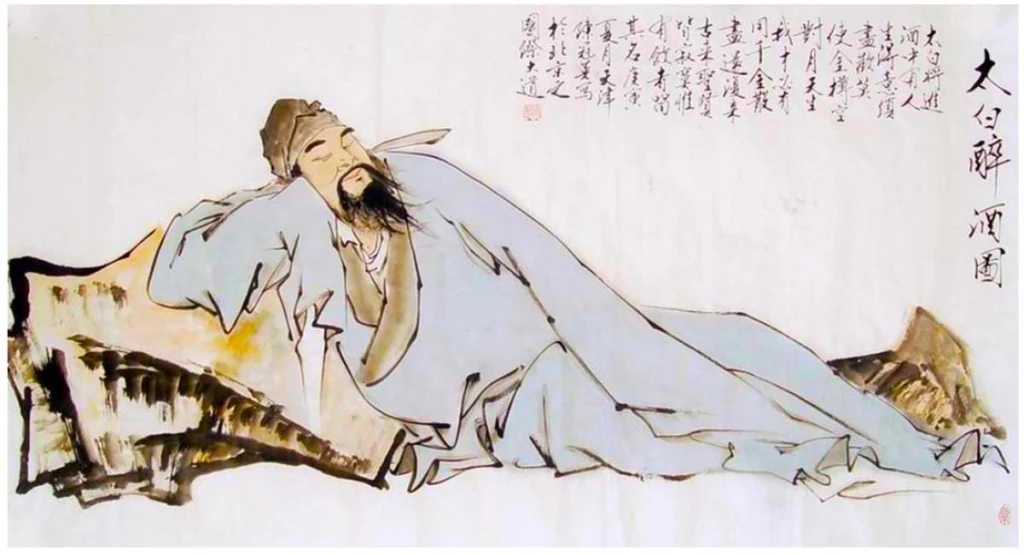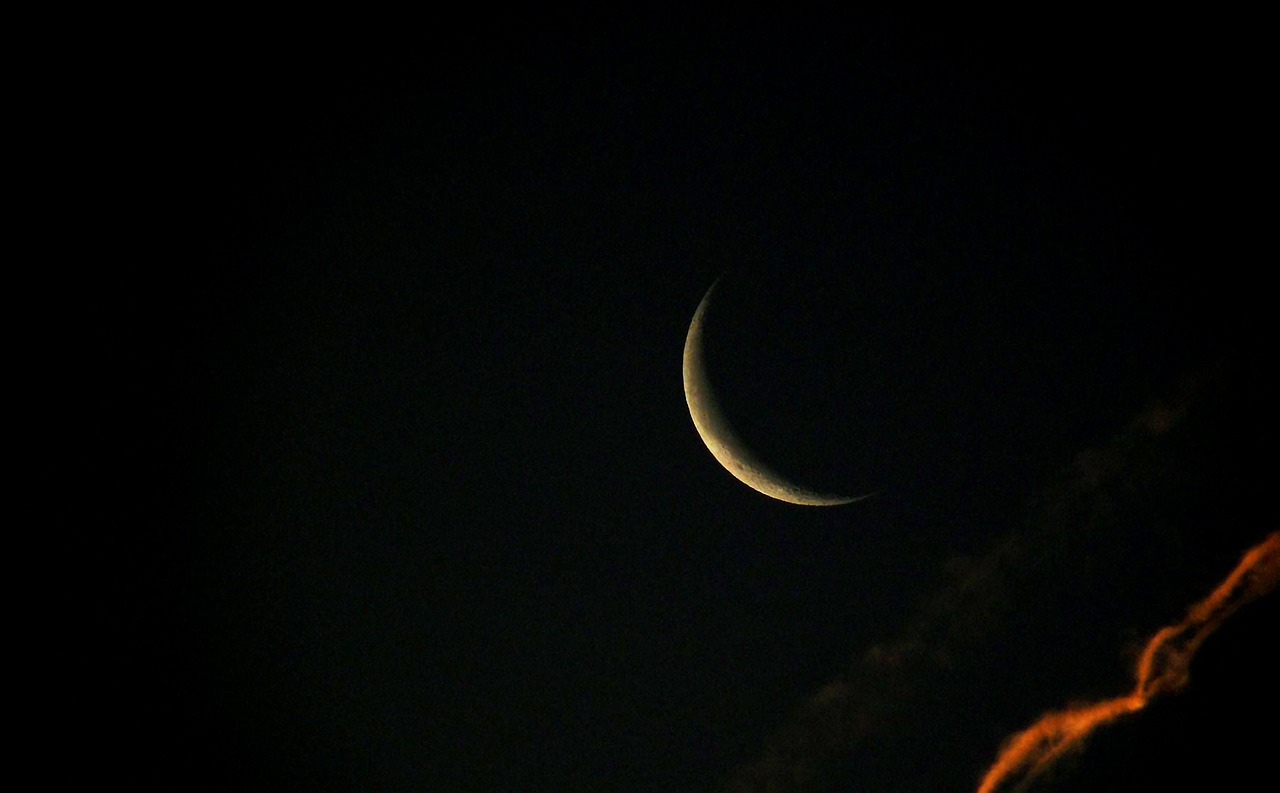Midnight Song Autumn (子夜四時歌秋歌)
Over Chang’an, shines a slice of moon and
Ten thousand wives can be heard washing clothes
An autumn wind blows without end
Carrying my heart to the Jade Gate
When will peace come with the Hu Lu
And my husband return from his long journey

Jade Gate, 玉 關
Camels and horses carried wool, spices, gold, and silver along the Silk Route in exchange for Chinese silks. These caravans entered China’s Tang dynasty through the 玉 關, Jade Gate.
The Tang Dynasty was founded in 618 AD and ended in 907. It followed the Han Dynasty which existed from 206 BC until 220 AD. The Han succeeded in pacifying the western barbarian tribes and creating the gate or pass on the Silk Road connecting Central Asia and China. It was called the 玉 關, Jade Gate. The Tang emperor Taizong, and his military force defeated the Eastern Turks in 630, established peace with the Western Turks and vanquished Gaochang (Turpan), Yanqi (Qarashar) and Qiuci (now Kuche), all of whom were collectively called 胡 虜, barbarians or Hu Lu. In 646, the Mongolian Plateau came under the control of the Tang Dynasty the defeat of the Western Turks.
Chang’ An was the capital of the Tang Dynasty and the largest City on Earth, with a population exceeding one million. During the extended military campaigns the wives remained at home doing the wash, taking care of the children, and hoping for the day when their husbands would return.

Original Chinese text
秋歌
長 安 一 片 月
萬 戶 擣 衣 聲
秋 風 吹 不 盡
總 是 玉 關 情
何 日 平 胡 虜
良 人 罷 遠 征
Note:
Rhyme pattern:
Yuè, sheng, jìn, qíng, lǔ, zhēng
a, b, b, b, a, b
Li Bai (701–762) was a romantic poet influenced greatly by the northern An Shi Rebellion which began in 755 and lasted almost a decade. The catastrophic events included the capture of Chang’an by the rebels. Midnight Autumn Song poem should be read along with Li Bai’s Moon over the Mountain Pass.
Li Bai’s life was for the most part itinerant. In 742, he came to Chang’an, marveled at its splendor, hoping to be given an official position. No official post resulted, but he did meet other poets and shared a glass of wine or two, for which he was well-known. In the autumn of 744, he took to wanderings again.
Popular legend says that he drowned when, drunk in a boat, he leaned over and tried to seize the moon’s reflection in the water.











